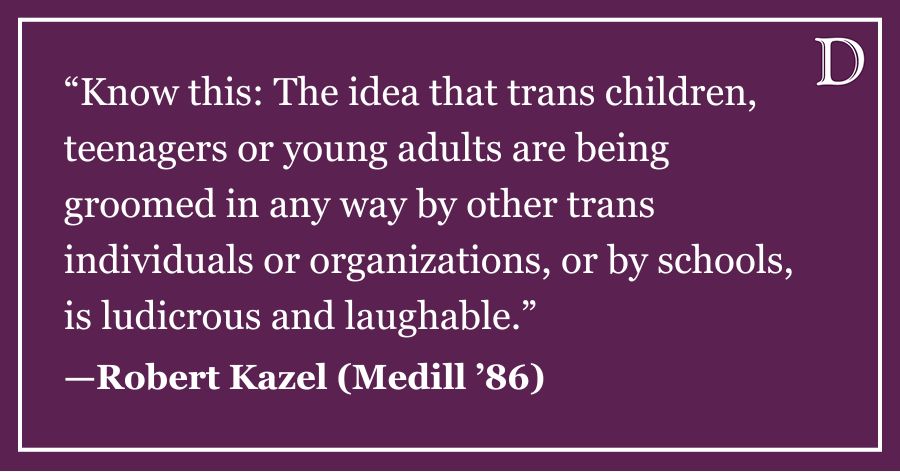Last week, eight Supreme Court justices heard arguments supporting and challenging the constitutionality of California Proposition 8 and the Defense of Marriage Act, while Justice Clarence Thomas got a good nap in. In the few months it apparently takes nine people to have a chat, the Court will return with a ruling that will knock down or vindicate what gay men, lesbians and many others have fought toward for years.
The vote will be a close one, and Justice Anthony Kennedy, who will probably provide the swing vote, may sell his opinion to the highest bidder. However, the ruling is largely irrelevant, as government support for gay marriage is all but guaranteed to happen.
If bans on gay marriage are ruled unconstitutional, gay people will have the legal right to marry almost immediately. The question of greater interest is what happens if, say, DOMA is seen as constitutional. Will this serve as a permanent victory to those fighting against marriage equality?
It almost certainly won’t. It will be a victory, and opponents of marriage equality will certainly celebrate it as one (cake will be served, and it won’t be Funfetti). However, such a ruling will be inconsequential in the long run. The fact is there is a shift in public sentiment favoring marriage equality, and it is this increasing approval that will bring about legislative change to legalize same-sex marriages.
Already, this shift can be seen among some of the nation’s most influential and recognized politicians. Democrats, with few exceptions, have long supported same-sex marriage, yet esteemed Republicans are slowly expressing public approval of such policies. Former Vice President Dick Cheney did so shortly after leaving public office and former Secretary of State Colin Powell expressed benign support after being questioned on his stance following Obama’s announcement of support of same-sex marriage last year.
The argument could be made that such Republicans, high-profile as they may be, do not represent the modern, more conservative face of the party and are not in any position of influence, anyway. Such an argument, while accurate, would be completely overlooking the shift taking place in Congress at this very moment.
Recently, Sen. Rob Portman announced that after plenty of thought, he now supports same-sex marriage – a change of heart brought about by the news that his son was gay. Shortly after, Illinois’ very own Senator, Mark Kirk, announced a similar change in his stance on the issue. These are not just two random policymakers, either — Portman was a serious contender for vice president and is one of the most influential Republicans in the Senate; Kirk, admittedly, is a random policymaker.
Even the most conservative public figures have at least suggested futility in this aspect of the culture war. Just last Thursday, Republican superhero Rush Limbaugh implied that gay marriage was inevitable the same way he implied Sandra Fluke has too much sex for his liking. He said, “This issue is lost. I don’t care what the Supreme Court does, this is now inevitable,” on his show on March 28. Frankly, when the man who has had, and continues to hold, more political influence than nearly every other member of his party (save perhaps Karl Rove, who has recently felt the wrath of the Tea Party himself) says his side has lost, it becomes a matter of counting down the days.
This may not mean much to gay couples who take little comfort in the fact that their rights will “eventually” come, or to conservatives who don’t want to believe they are on a sinking ship and continue to fight against same-sex marriage. The Supreme Court case could serve as a significant roadblock toward reform and legislation. But while the political contest may rage on, it has become all too apparent the sun is setting on what was once one of the most socially divisive issues plaguing our nation. The world today is not the same one it was back in 1960, and people are finally starting to realize it.
Yoni Muller is a Weinberg sophomore. He can be reached at [email protected]. If you want to respond publicly to this column, send a Letter to the Editor to [email protected].














